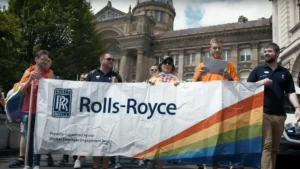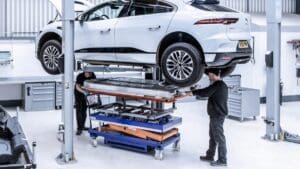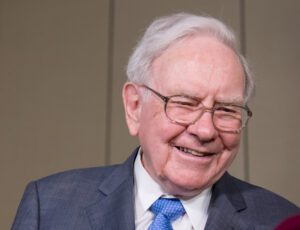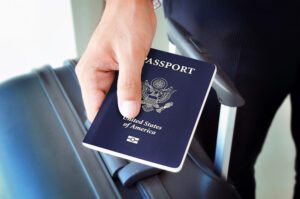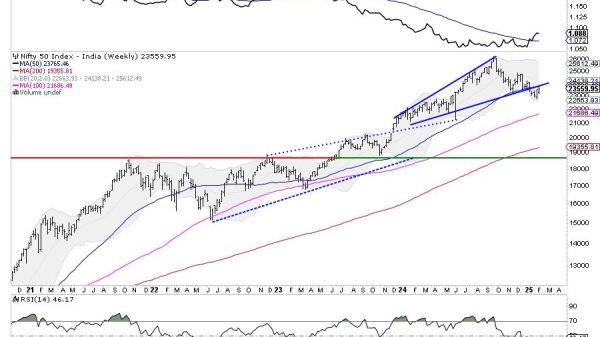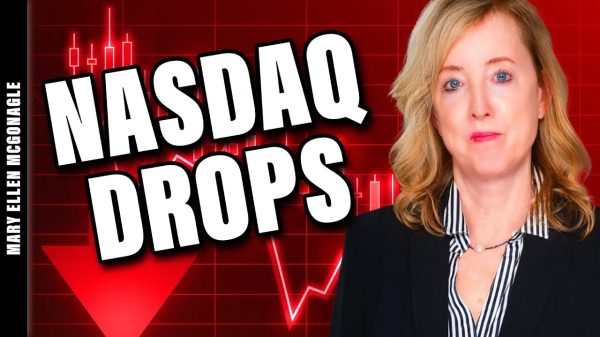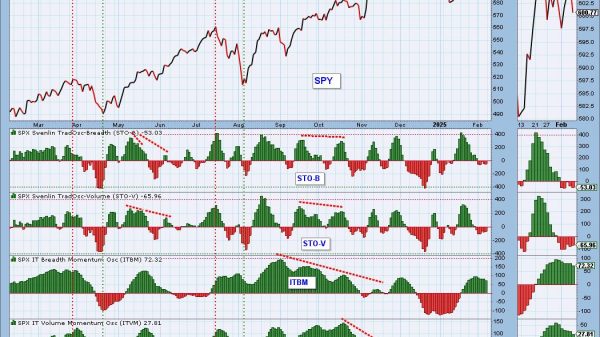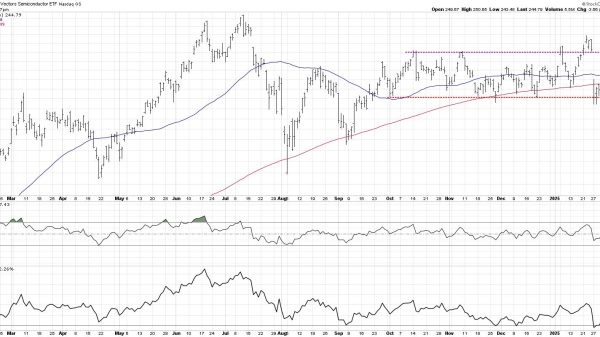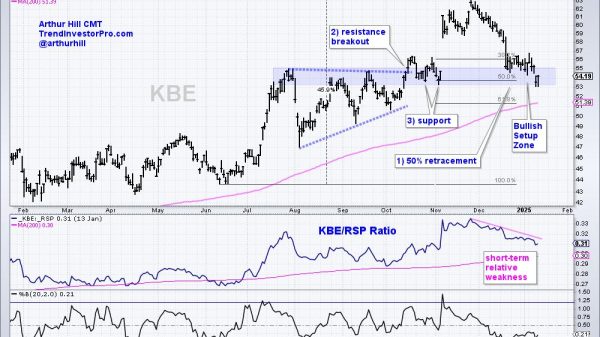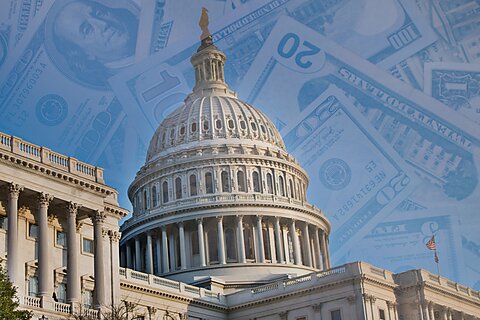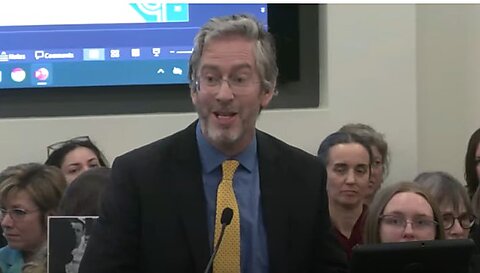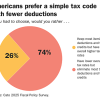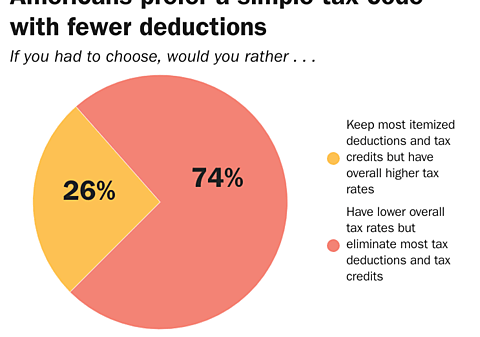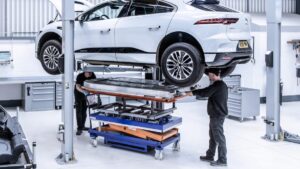
Jaguar Land Rover (JLR) has resumed shipments of its vehicles to the United States after a near month-long suspension triggered by President Trump’s 25% tariffs on imported cars — a move that underscores the UK carmaker’s tough balancing act in the face of US protectionism.
The first shipments since April 7 departed the UK on Wednesday, marking a cautious return to the crucial US market, despite no resolution on tariffs and growing fears that the UK may be sidelined in American trade talks.
“The US is an important market for JLR’s luxury brands and 25 per cent tariffs on autos remain in place,” a company spokesperson said. “As we work to address the new US trading terms with our business partners, we are enacting our planned short-term actions.”
The company offered no detail on the decision to resume exports, but industry analysts say the move likely signals an acceptance that tariffs may be unavoidable and that US customers will face higher prices — with up to $27,000 added to the price tag of some Range Rover models if tariffs are passed on in full.
The decision comes as the UK grapples with growing concerns that it is a “second-order priority” in securing a trade deal with the US. Washington is said to be focusing first on South Korea and other Asian economies, leaving UK automakers exposed.
JLR, owned by India’s Tata Motors, is the UK’s biggest car manufacturer and employs 38,000 people across Britain. The company is highly reliant on the US market, which accounts for £6.5 billion of its £30 billion in annual revenues — more than any other region.
About one in four JLR vehicles is sold in the US, including bestsellers like the Land Rover Defender and Range Rover Sport, which enjoy a loyal celebrity following that includes Jennifer Lopez and Bruce Springsteen.
While rivals such as Aston Martin, Rolls-Royce, and McLaren are also affected by US tariffs, their higher price points and ultra-premium positioning make them less vulnerable to short-term price sensitivity. JLR’s luxury SUVs, by contrast, occupy a broader pricing band and cater to a larger market segment.
JLR vehicles take about 21 days to reach the US, meaning the latest batch will arrive around May 20 — well before any trade deal could feasibly be finalised. Without one, the cars will be subject to full 25% duties under Trump’s new rules.
Though Trump last week suspended additional tariffs on car parts and aluminium and steel for now, auto imports remain firmly within the crosshairs of his broader “reciprocal tariff” doctrine.
JLR has previously explored the idea of building a manufacturing facility in the US, but has so far opted to export from Europe, a model now under mounting pressure. The latest shipment resumption may signal JLR is buying time while it reassesses longer-term supply chain and production options.
The UK auto sector is on high alert. Aston Martin confirmed it had limited US shipments, citing the same tariff headwinds. Industry leaders warn that delays in striking a trade deal — or clarity on long-term tariff arrangements — could seriously erode the UK’s competitiveness in global car exports.
“Even affluent buyers are watching the bottom line,” said one executive. “If the UK remains outside the fast lane of trade negotiations, we’re going to see strategic pivots — and possibly production shifts — to other countries.”
With Prime Minister Starmer’s government under pressure to secure trade concessions and Chancellor Rachel Reeves balancing a budget hit by post-Brexit volatility and non-dom outflows, the stakes could hardly be higher.
For now, JLR’s move back into the US market is a bold step forward — but with no trade deal in sight and tariffs still biting, the journey is far from over.
Read more:
Jaguar Land Rover resumes US exports despite Trump tariffs and trade uncertainty

